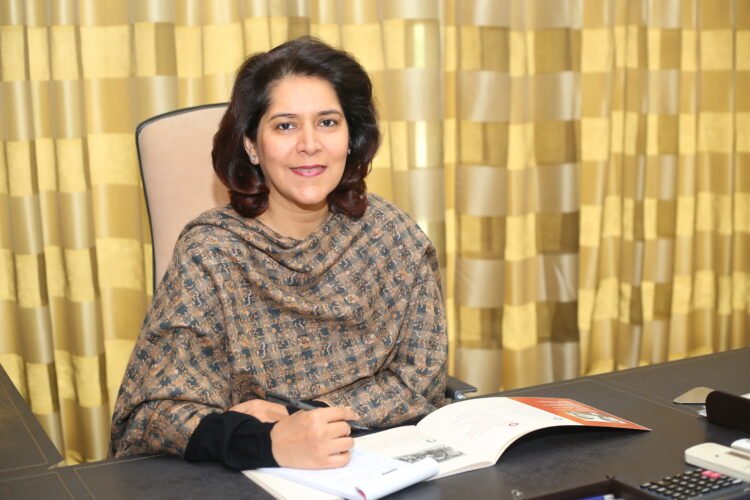By Shaifalika Panda
Over the years, the correlation between organizations and society has transformed significantly with expectations of meaningful impact from corporates across the spectrum. The Indian Constitution broadly outlines how the Right to Equality plays a pivotal role in providing equal opportunity to citizens by eliminating marginalization based on their religion, socio-economic status, sexual orientation & gender identity (SOGI), literacy level, disability, etc. Social discrimination and economic disparity have been a deterrent towards a progressive nation and productive economy. The importance of social inclusion and equity for all has been emphasized in the 2030 Agenda for Sustainable Development Goal.
For this to happen, legal, regulatory, and policy frameworks must be comprehensive, and corporates must augment government efforts by leveraging their knowledge and assets towards integrated development.
The initial step is for all companies to have an inclusive culture that relies on a multidimensional approach and robust strategies designed collectively to address the challenges of both internal and external groups. Internal inclusiveness begins with a comprehensive recruitment strategy ie. a diverse workforce, non-discriminatory and gender-sensitive culture, transparency in the recruitment process, policy for the differently-abled, and investing in human resource training and up-gradation programmes. This approach will allow a business to not only achieve social impact but also develop a diverse pool of talent.
The external group comprising of community, vendors, consumers, and shareholders respond better to well-planned strategies, the foremost being a robust communication strategy with each stakeholder group which helps them share their needs while understanding corporate initiatives. This allows for trust-building and mutual co-existence as actions based on stakeholders’ needs are the first step towards meaningful impact and reducing marginalization.
For impact initiatives to be long-term interventions must have a business case.
When an organization invests in a diverse and inclusive workforce it addresses manpower challenges too. By enhancing shared prosperity, communities give companies the license to operate and when a business follows ethics, environment and safety at its core it attracts customer loyalty and shareholders.
Finally, convergence with government interventions either through direct partnerships or by augmenting existing schemes paves the way for social inclusiveness to become a reality.
Having set the corporate approach to social inclusion, the challenge lies in the details especially since inequity has widened during the pandemic. The aftermath of Covid has brought to the forefront inadequacies in healthcare, disruption in education disruption, and over 260 lakh people once again falling below the poverty line. With growth, by and large, having gone back to pre-pandemic levels, the industry owes it to the nation more than ever to carry communities along with them.
Strategic need assessment of systemic inequities will point out the requirements of the vulnerable.

While the specifics will differ due to factors such as geography, caste, gender and social strata, health intervention, income generation, education and skill are at the core.
To achieve sustainable inclusive growth, corporates must focus on creating targeted infrastructure including online linkages to health, sensitizing & capacity building of frontline workers, having a pool of volunteers to act as a bridge to reach remote areas, and transforming communities to follow a health-seeking attitude. Empowering women through SHGs, micro-credit enterprises and livelihood training changes the fortune of families and has a direct connection to achieving inter-generational change. Be it urban or rural, women need distinct support be it through employability training, staying in a job, or setting up small enterprises.
Strategic CSR programs can play the role of a catalyst to enable these women to be self-reliant and find a voice in the home and community at large. Education and Skill are the two prongs that will lead India to attain human capital wealth and foster resilient communities. Affordable and accessible education, schemes for the girl child, scholarships for the disadvantaged, community learning centers and e-learning can all assist in closing the education gap.
Also, complementing government schemes on skill is imperative to create an employable and productive workforce that must include in-house apprenticeships. Finally, corporates must advocate and be part of policymaking for a convergent approach across sectors.
Promoting social inclusion addresses 11 SDGs and, simply put, creates an opportunity for the marginalized for the long term. Not only is it the right thing to do, but it also makes economic sense. The sooner all corporates embrace shared prosperity the faster we will achieve an inclusive and resilient India.
(Shaifalika Panda is the CEO at Bansidhar & Ila Panda Foundation)
Views are personal.






